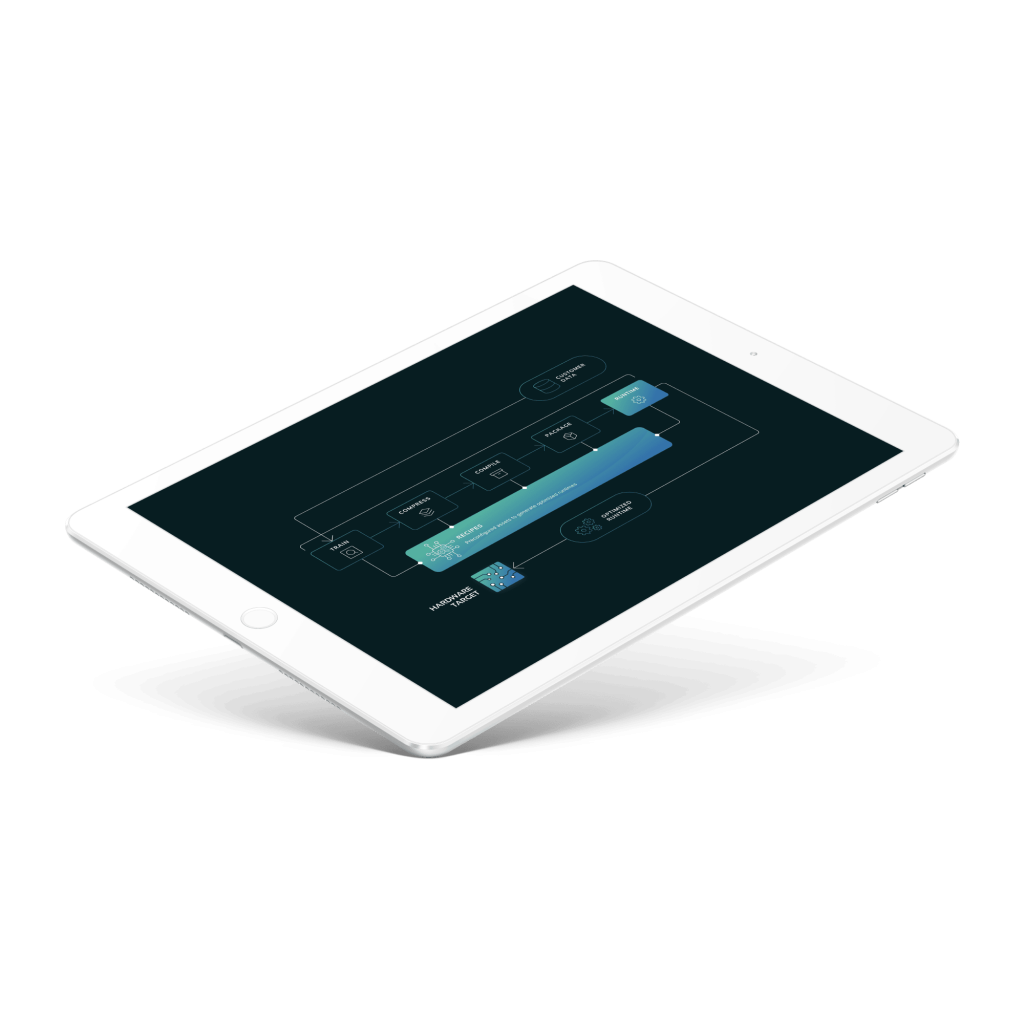As the demand for AI solutions grows, mastering the art of coding for AI becomes essential. One of the key decisions you'll face when venturing into machine learning is selecting the most suitable programming language for your projects.
In this article, we'll explore machine learning and its relationship to data science. We'll discuss the best programming languages that empower you to bring your AI ideas to life. Whether you're a coding enthusiast or a curious beginner, this guide will equip you with the knowledge to make an informed choice.
What is machine learning?
Machine learning is a branch of AI that enables computers to learn from data and make intelligent decisions without explicit programming. Algorithms iteratively analyse and extract patterns from large datasets to make accurate predictions or take actions.
- Machine learning offers several benefits to organisations across industries:
-
- Enhanced decision-making – machine learning algorithms can analyse vast amounts of data, identify patterns, and generate insights to support more informed decision-making. This enables organisations to make data-driven choices, optimise processes, and gain a competitive edge.
- Automation and efficiency – machine learning can improve operational efficiency and productivity by automating repetitive tasks and complex processes. It frees up valuable human resources, allowing employees to focus on higher-value tasks while reducing errors and minimising manual effort.
- Personalised experiences – machine learning empowers organisations to deliver personalised customer experiences. By scrutinising user preferences, behaviours, and historical data, businesses can tailor recommendations, marketing campaigns, and product offerings to individual needs, enhancing customer satisfaction and loyalty.
- Fraud detection and security – machine learning algorithms can detect anomalies and patterns indicative of fraudulent activities or security breaches. Organisations can leverage these capabilities to identify and prevent fraud, protect sensitive data, and enhance cybersecurity measures.
- Predictive analytics – machine learning models can predict future outcomes based on historical data. This helps organisations anticipate trends, forecast demand, optimise resource allocation, and make proactive business decisions, ultimately improving efficiency and profitability.
- Improved customer service – by utilising natural language processing and sentiment analysis, machine learning can automate customer service interactions, understand customer queries, and provide relevant responses. This results in faster response times, improved customer satisfaction, and reduced customer service costs.
- Cost savings – ultimately, machine learning can help organisations optimise processes, reduce waste, and identify cost-saving opportunities.

Coding for AI: best programming languages
When it comes to coding for AI and machine learning, several programming languages have gained popularity. Each language offers its unique strengths and weaknesses, making it crucial to select the right one for your project.
Let's explore some of the best programming languages for machine learning.
Python shines as the go-to language for experimentation, offering a plethora of frameworks that facilitate rapid prototyping and experimentation. However, the choice of language often pivots on the project's end goal. For on-edge solution productisation, C++ stands out as a formidable alternative. JavaScript has become a compelling choice for web-centric applications; meanwhile, Java stands out in scenarios where the entire infrastructure is built upon Java.
Python
Python stands out as one of the top choices for machine learning, thanks to its simplicity and versatility. It provides a vast ecosystem of libraries and frameworks, such as TensorFlow and PyTorch, which simplify the implementation of complex machine learning models. Python's clean syntax and extensive community support make it an ideal language for beginners and experienced developers alike.
R Programming Language
R programming language is recognised for its statistical capabilities, making it a go-to choice for data analysis and visualisation in machine learning. It offers a wide range of statistical packages and libraries like caret and ggplot2, empowering data scientists to explore and manipulate data effectively. R's interactive environment and its focus on data analysis make it a preferred language for statistical modelling and research-oriented projects.
Julia
Julia is a relatively new language that has gained attention for its impressive performance and productivity. It combines the ease of use and readability of Python with the speed of low-level languages like C++. Julia's just-in-time (JIT) compilation allows for faster execution of code, making it suitable for computationally intensive machine learning tasks. With its growing ecosystem of libraries like Flux.jl, Julia is an exciting option for those seeking high performance.
Java
Java offers robust scalability and enterprise readiness. While not typically considered a primary language for machine learning, Java has powerful libraries like Deeplearning4j that enable developers to integrate machine learning into their applications seamlessly. Its strong emphasis on security, stability, and compatibility makes Java an excellent choice for large-scale, production-grade machine learning projects.
Lisp
Lisp, with its unique syntax and powerful metaprogramming capabilities, has a long-standing history in the field of artificial intelligence. Lisp's strength lies in symbolic AI and its ability to manipulate code as data. It is often used in research settings and expert systems development. While not as widely adopted as other languages, Lisp offers unmatched flexibility and expressiveness, making it an intriguing option for specialised AI applications.
JavaScript
JavaScript is typically used as a language for web development but has also made strides in the machine learning arena. With libraries like Brain.js, JavaScript has become increasingly popular for browser-based and web-centric machine learning projects. Its ubiquity, compatibility, and extensive developer community make JavaScript an attractive choice for AI development, particularly for applications that require real-time inference or user interaction.
C++
C++ is a low-level programming language known for its speed and control. While it requires more effort to code in C++ compared to other languages, it provides unparalleled performance for computationally intensive tasks. C++ is often used in developing high-performance machine learning libraries and frameworks, such as OpenCV and Caffe. If performance and low-level control are paramount for your project, C++ might be the language of choice.

How to choose the right language for your project
With numerous programming languages available, selecting the right one for your machine learning project can be challenging. Consider the following factors to make an informed decision:
- Project requirements: Assess your project's specific needs, such as performance, scalability, integration, or data analysis, to identify the language that aligns best with those requirements.
- Community support: Consider the size and activity of the language's developer community. A vibrant community ensures timely support, extensive documentation, and access to valuable resources.
- Learning curve: Evaluate the learning curve associated with each language. If you're a beginner, choosing a language with a friendly and well-documented ecosystem can accelerate your learning process.
- Project ecosystem: Take into account the availability of libraries, frameworks, and tools for the language. A robust ecosystem can simplify and speed up your development process.
Powering the future of AI
As machine learning continues to shape the future of productivity across industries, selecting the right programming language for AI development is crucial. Python, R, Julia, Java, Lisp, JavaScript, and C++ each offers unique strengths and caters to different project requirements.
Now it's time to take the next step. Our data strategy and machine learning services can help you leverage AI to transform your operations and delight your customers.
Related Insights

















